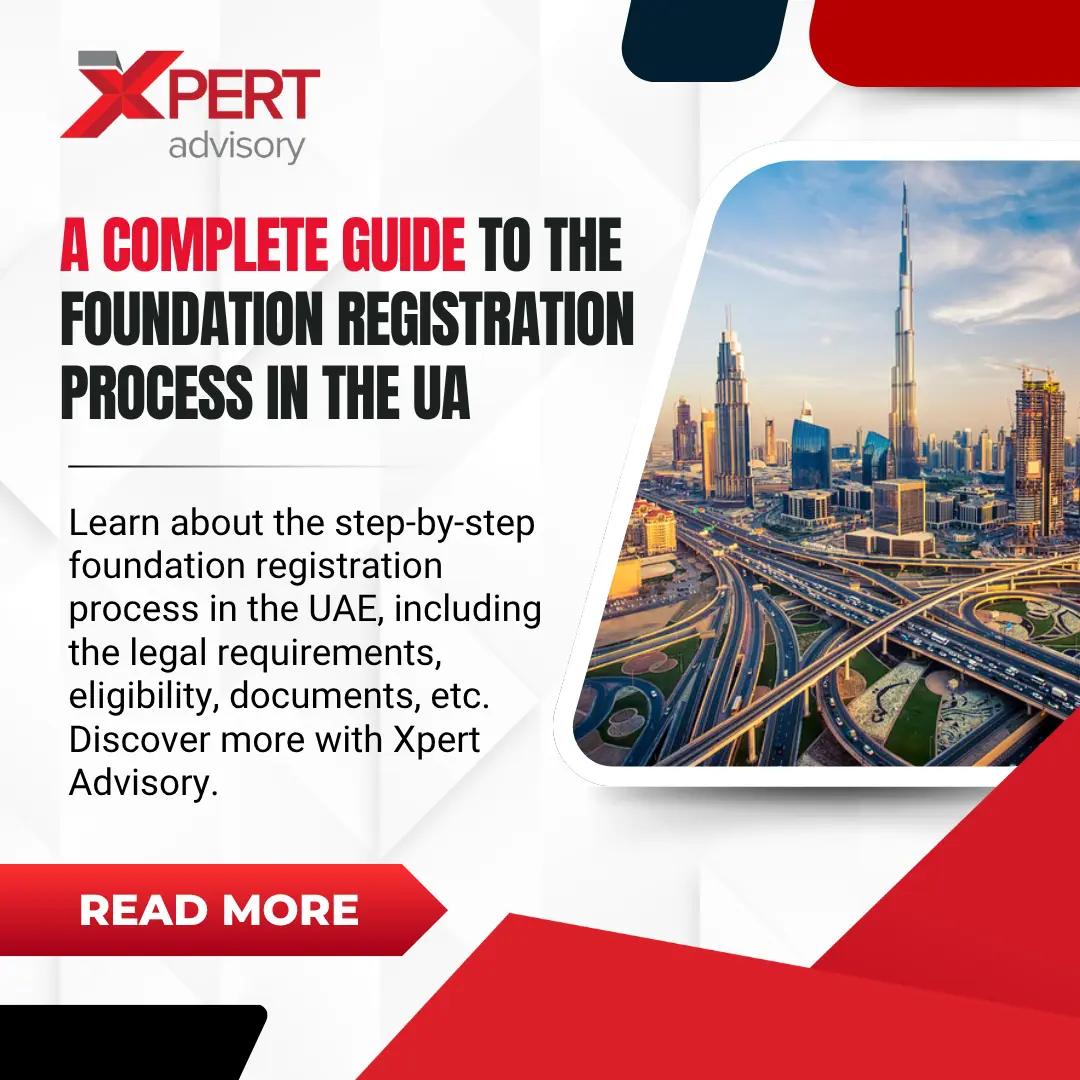Setting up a business in Dubai starts with acquiring a license. However, when it comes to choosing the right license, many entrepreneurs and professionals often confuse a commercial and non-commercial license. Non-commercial license is also referred to as professional license, and we’re here to help you understand the difference so you can choose the right one!
This blog will cover the main difference between commercial vs non commercial license in Dubai, their advantages, and how to choose the best one for your company. This book will give you the necessary information to handle the licensing process in the United Arab Emirates, regardless of whether you are starting a new business or want to grow your current activities.
Let’s get started:
Understanding Trade License in Dubai

Comprehending trade licenses is essential while attempting to launch a firm. You can lawfully operate in a particular area with a trade license, which is an official permit issued by local authorities. All enterprises operating in the United Arab Emirates must obtain a trade license in order to adhere to local regulations. This license guarantees that you can conduct business as usual without running afoul of the law.
The commercial or professional license in the UAE, one of the various kinds of trade licenses, is intended especially for companies that deal in tangible commodities or particular services. Depending on the type of trade you do, it permits several operations under a single license. Additionally, maintaining regulatory compliance in your business operations depends on obtaining the appropriate license.
Key Differences Between A Commercial and Professional License
Let’s begin with a detailed comparison of commercial vs non commercial license in Dubai, UAE.
Definition of Both
Commercial License
Businesses that trade, including general and specialized commerce, are granted a commercial license. This license permits the import, export, and distribution of tangible products both inside and outside the United Arab Emirates, and it covers commercial activities like retail and real estate.
Professional License
Given to companies that focus on providing services. The applicant’s experience and/or educational background are taken into consideration when granting this license. It includes things like professional services and consulting. It is predicated on an intangible value, like a unique ability or counsel given with or without instruments.
Types of Business Activities Allowed
Each license permits different types of activities. Here’s an overview:
Commercial License
This type of license allows:
- General trading
- Retail business
- Real estate activities
- Specialized kind of trading
Professional License
This license allows:
- Freelancing
- Artistic and creative services
- Consultancy services
- Educational and training services
- Other service-based activities
Proof of Qualification
Professional licenses and commercial/trade licenses have various requirements for supporting qualifications.
Commercial License
With the exception of certain free zones’ unique restrictions, business owners often do not need to demonstrate their qualifications in order to obtain a trade license.
Professional License
Certificates and/or diplomas are not necessary as proof of competence for the majority of professional activity. However, in order to demonstrate their abilities, some free zones licenses will require a degree in specific premium fields, such as engineering, law, etc.
Characteristics
Here’s a glimpse of the characteristics to further understand the difference between commercial and professional license:
Key characteristics of Commercial license:
Business Goals: Includes companies that purchase, sell, distribute, or exchange goods and specific services.
Nature of the Business: Examples include trading in construction supplies, real estate brokerage, electronics sales, automobile rentals, and import/export operations.
Eligibility: Depending on the industry and setup, businesses operating under this license are sometimes formed as Limited Liability Companies (LLCs) with either a local partner or 100% foreign ownership (after the revisions of 2021).
Liability: Provides limited liability protection, which means that the business and its investors are regarded as distinct legal entities.
Relevant Jurisdictions: Granted by Free Zone Authorities for companies functioning in specified economic zones, or by the Department of Economy and Tourism (DET) for companies based on the mainland.
Renewal: Usually good for a year, but it can be renewed every year.
Key characteristics of Professional License:
Scope: Service-oriented companies that depend on people’s abilities and credentials.
Examples: Examples include legal and accounting services, consulting, IT and software services, beauty salons, education, the creative arts, marketing, management, medical services, and freelancing.
Eligibility: Foreign nationals may possess 100% of the business, either as a civil company for partners or as a sole proprietorship for individuals. calls for a Local Service Agent (LSA), who assists with regulatory procedures but has no management or equity involvement.
Liability: Unless the legal structure is changed to an LLC, the owner or owners are personally liable for the debts and obligations of the business. This implies unlimited liability.
Relevant Jurisdictions: Assigned by the appropriate Free Zone Authorities or DET (for the mainland license).
Renewal: Usually requires yearly renewal
Government Fees for Licenses
The two licenses issued to businesses have different government fees:
Commercial License
Generally speaking, it is comparable to a professional license; however, general trading license prices are usually greater.
Professional License
It’s similar to a commercial license in most ways, but some high-end activities could require an office space.
An Overview of the Key Differences Between Commercial License and Professional License
Here is a quick overview of commercial vs non commercial license in Dubai:
| FEATURES | COMMERCIAL LICENSE | PROFESSIONAL LICENSE |
| Business Activity | Distribution, wholesale, import/export, and trading | Offering services according to knowledge and skill |
| Type of Business | Retail, trading, logistics, real estate brokerage, car rental | Consulting, IT, education, salons, legal/accounting |
| Ownership | 100% foreign ownership (typically LLC) | 100% foreign ownership |
| Liability | LLC Structure, so there is limited liability | Sole Establishment with unlimited liability |
| Licensing Authority | DET (Dubai mainland) or Free Zone Authority | DET (mainland) or Free Zone Authority |
| Number of Trading Activities Allowed | Up to 10 related to the main action per license | Typically specific to one or a few professions |
| Visa | Eligible for Employee Visa | Depending on the setup, allows for an employee visa |
| Target Users | Businesses involved are dealing with products/goods | Service providers, skilled professionals |
Renewals and Compliance

- Renewal: To start your business, annual license renewals, amendments, and compliance renewals are required. Penalties or a ban from operating may result from non-renewal.
- Amendment: By adhering to formal procedures and paying amendment costs, businesses can change their partners, legal structure, or operations.
- Compliance: Regardless of the type of licensing, UAE businesses must always abide by local labor, tax, economic, and business standards.
Considerations for Selecting the Correct License
Here are the key factors to consider when choosing between a commercial and professional license:
Character of the Business: Buying and selling goods? Select a business license. Providing specialist services? Choose a non-commercial, professional license.
Ownership and Control: Although recent reforms have opened up opportunities for commercial licenses in several areas, foreign investors typically prefer professional licenses for complete ownership and control.
Liability: Are you prepared to take on unlimited liability? Or do you require protection from limited liability?
Growth Prospects: A commercial license provides greater freedom if your company intends to diversify into other trade operations.
Visa Requirements: Both commercial license and the professional license provide staff visas; however, the extent and restrictions vary based on the size, jurisdiction, and type of business.
Location and Market Access: While mainland permits allow access to the larger UAE market, free zones are specifically designed to support international trade.
Based on these factors, you can make the right choice and choose a license that suits your business best. Remember to keep in mind professional qualifications, the various types of licenses for trade, and the choice between mainland and a free zone before making your pick.
Final Takeaway
To start and run a profitable company in Dubai, one must comprehend the distinction between commercial and non-commercial or professional licenses in Dubai. Your decision will impact not only your legal status but also your credibility, adaptability, and future opportunities. Your choice of license should be based on a frank evaluation of your company’s operations, whether you are trading in products or offering professional services.
Obtain The Right License With The Help of Experts!
To make sure you follow the most recent rules and choose the ideal structure for your entrepreneurial adventure in Dubai, always seek the advice of a qualified business setup consultant or legal counsel. Xpert Advisory is an expert business consultant helping individuals with company formation services, including navigating business licenses. Speak to our experts for more information on licenses, processes, and easy business setup services.
Frequently Asked Questions
Can A Professional License Be Upgraded To A Commercial Trade License?
Indeed. Through specific regulatory processes, businesses can change their license type and legal structure.
Do Certain Activities Call For Particular Permissions?
Businesses in the UAE in the fields of healthcare, accounting, law, and education frequently require authorization from other regulatory agencies.
What Occurs If One Doesn’t Have The Right License To Operate?
It is illegal to operate without a valid license, and doing so can result in harsh penalties and the liquidation of your company.






